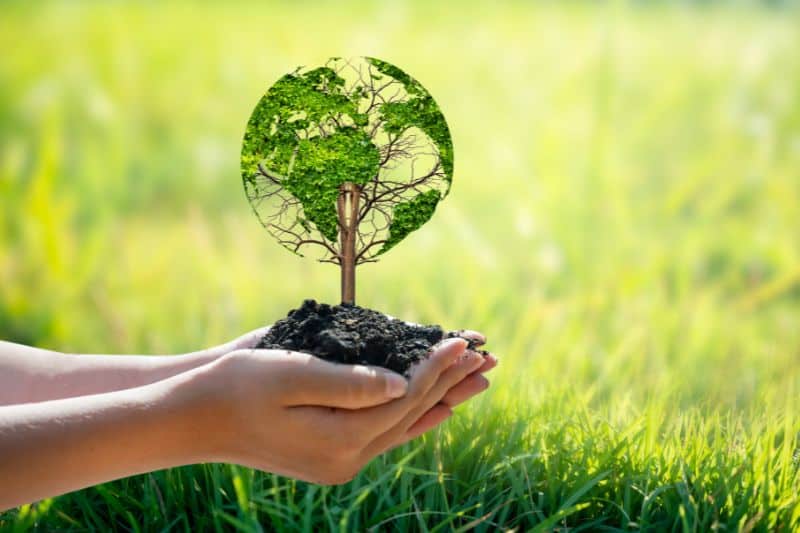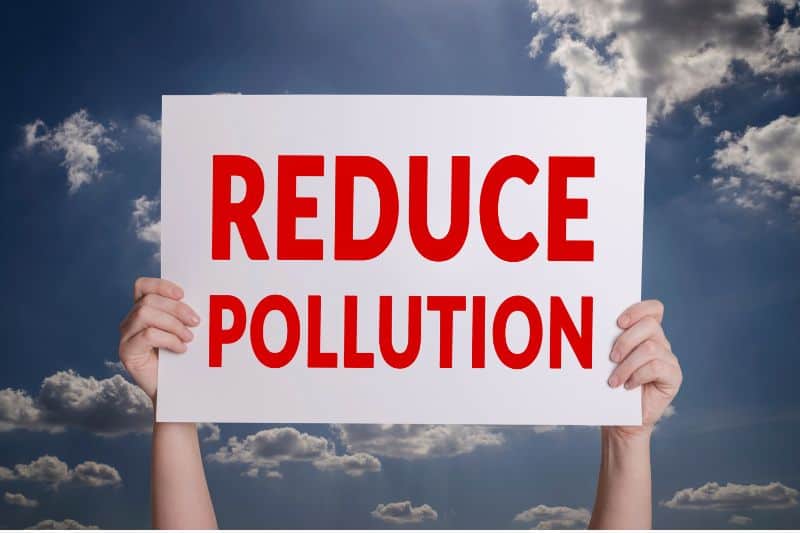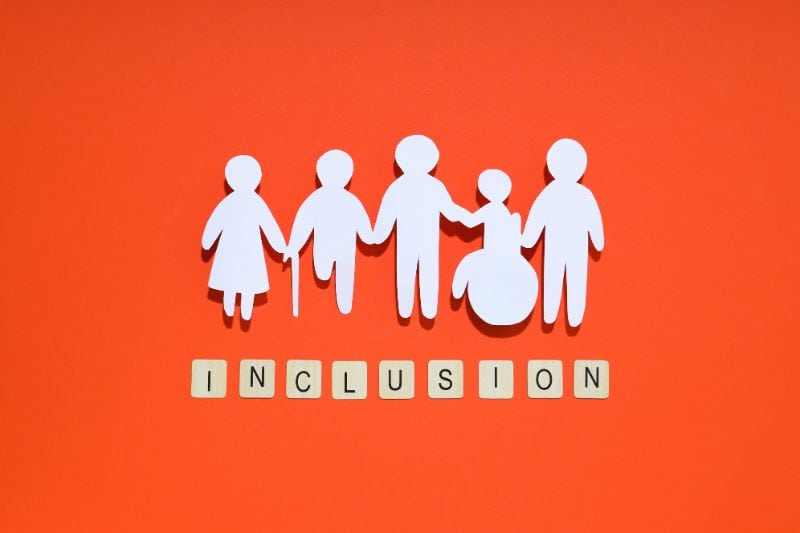When it comes to sustainability, every little bit counts. From conserving water to recycling to driving less, there are several things that we can do to help make a difference.
From switching to using renewable sources of energy to using green construction materials, we’ve heard all sorts of ideas on embracing sustainability.
But then, why is sustainability so important in the first place? Well, that’s what this article is all about!
Here are seven reasons:
1. Sustainability Is Key to Preserving Our Planet

As the world’s population grows, finding ways to preserve our natural resources is becoming increasingly important. By living sustainably, we can help reduce pollution and conserve resources like water and energy, which will positively impact the environment.
Preserving our planet matters because it gives us clean air, water, and food. It supports diverse ecosystems and beautiful landscapes. By being sustainable, we can safeguard these valuable resources for ourselves and future generations.
2. Sustainability Helps Reduce Pollution and Conserve Resources

Sustainability is all about looking after our planet. It means using things in a way that doesn’t harm the environment. When we’re sustainable, we don’t waste things like water and energy. We also ensure we don’t put dirty stuff in the air or water.
This helps to reduce pollution, which is when the air or water gets dirty and can make people sick.
But sustainability does even more. It helps conserve our precious resources. This means we don’t use up things like trees and animals too quickly. A sustainable mindset helps us think about the future and how to keep the Earth a good place for all.
By using less and being careful with what we have, we can make the Earth a better place for everyone, now and in the future. So, let’s all work together to be more sustainable!
3. Sustainability Creates Jobs and Stimulates the Economy

Sustainability is important for economic reasons. It can create jobs and stimulate the economy as more and more companies adopt green technologies and sustainable business practices.
One way is by supporting green technology companies. These are businesses that develop technologies or products that help reduce environmental impact. As more and more people demand sustainable products, the market for green technology will continue to grow, creating jobs.
In addition, many sustainable practices save companies money in the long run. For example, conserving energy or using recycled materials can be cheaper than traditional methods. When companies switch to sustainable practices, they often see an increase in profits due to cost savings. This helps to stimulate the economy and create jobs.
4. Sustainability Improves Public Health

Sustainability is important for public health reasons. One way sustainability improves public health is by reducing pollution.
You see, when we live sustainably, we use fewer resources, which means less pollution. This is good for the environment and for our health, and that’s because pollution can cause several serious health problems, including asthma, heart disease, and cancer.
In addition, sustainable practices conserve resources. And when we conserve resources like water and energy, we reduce the amount of pollution these resources create. This is good for the environment and our health and helps us save money on our utility bills.
5. Sustainability Protects Biodiversity

Sustainability is the hope we have for reversing this trend and protecting biodiversity.
What is sustainability? At its core, sustainability refers to the ability to meet the needs of the present without compromising the ability of future generations to meet their own needs.
In other words, sustainability is about using resources in a way that doesn’t deplete or damage them permanently. This concept applies not just to our natural environment but also to our social and economic systems.
Sustainability has become an essential concept in recent years as we’ve realized the extent of the environmental crisis we’re facing.
The world is currently amid an unprecedented extinction crisis, with species disappearing at a rate 1,000 times faster than normal. The root cause of this mass extinction is human activity, which is damaging and destroying habitats at an alarming rate.
If we want to preserve biodiversity – the incredible variety of plant and animal life on Earth – we must urgently adopt more sustainable practices.
6. Sustainability Promotes Social Equity and Justice

This point may sound less convincing, but it’s true that sustainability has a positive impact on social equity and justice. You see, sustainable practices often prioritize fairness and equality, ensuring that the benefits of economic and environmental actions are distributed more evenly among communities.
Sustainability promotes access to clean air, water, and natural resources for all, regardless of socio-economic status. It also encourages fair working conditions and wages in industries related to sustainability, such as renewable energy and eco-friendly agriculture.
By emphasizing social equity, sustainability helps reduce poverty, inequality, and the disproportionate burden of environmental issues on marginalized communities. This improves people’s quality of life and fosters a more just and inclusive society where everyone has a chance for a better future.
7. Sustainable Development Is Achievable with Political Will and Public Support

Sustainable development is achievable if there is political will and public support. When the government and people work together, they can make things happen that wouldn’t be possible otherwise.
For example, with enough determination, we can ensure that our resources are used in a way that doesn’t hurt the planet or future generations.
We can also ensure that everyone has access to what they need to live a good life, like food, water, and shelter.
Sustainable development is about meeting the needs of the present without compromising the ability of future generations to meet their own needs. It is an approach to development that balances different and often competing objectives. This can be difficult to achieve, but it is possible with the right policies and measures in place.
Conclusion
Sustainability is vital for various reasons, not only for nature. When we live in a way that thinks about the future and the Earth, it can make our lives better. We can also ensure enough resources for the people who come after us.
We can do small things every day to help, and if we all work together, we can make the future better for everyone.
Thank you for reading! I hope this article has helped you to better understand the importance of sustainability.






